
Success in any assessment depends not only on knowledge but also on how effectively one communicates that knowledge. The ability to respond confidently and accurately to questions can significantly impact your performance. Preparing well for these situations involves more than just studying; it requires strategic thinking and careful planning during the actual task.
Time management plays a crucial role when tackling challenging questions, while clear structure ensures that your thoughts are presented logically. By developing the right techniques, you can improve your ability to convey ideas precisely and within the required time frame.
Whether it’s short responses or detailed explanations, understanding how to approach different types of tasks can make a significant difference in achieving your desired outcome. This section will guide you through essential strategies to optimize your approach and perform at your best.
Effective Strategies for Answering Exams
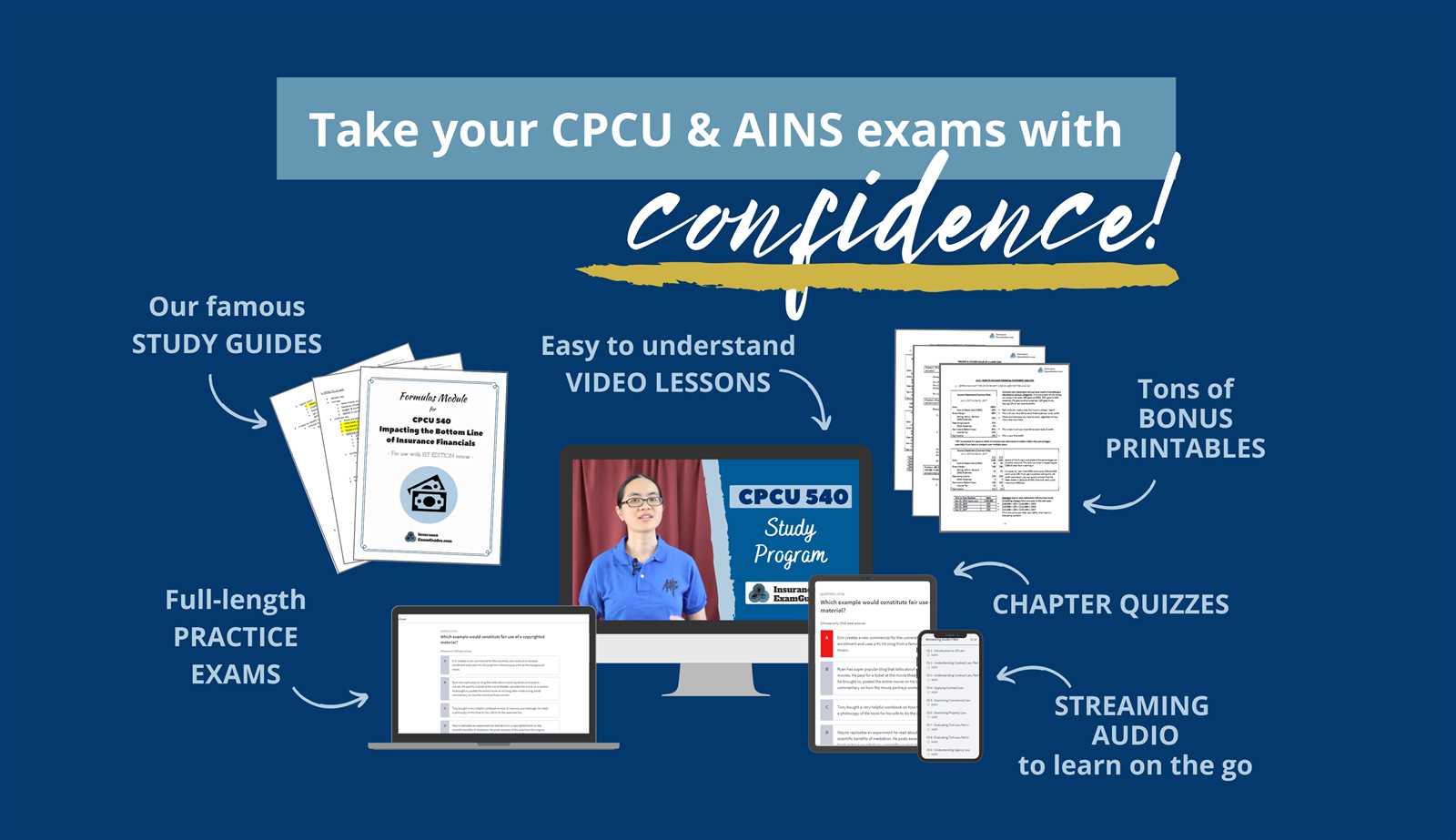
Approaching any assessment with the right mindset and strategy can significantly improve your chances of success. Understanding how to effectively manage your time, structure your responses, and approach different question types will help you make the most out of the available time and demonstrate your knowledge with clarity and precision.
Time Management Techniques
One of the key factors to succeed is ensuring you allocate the right amount of time for each section. Here are some strategies to manage time efficiently:
- Prioritize Questions: Start with the questions you feel most confident about to build momentum.
- Divide Your Time: Assign specific time blocks to each section based on the complexity of the questions.
- Monitor Progress: Keep track of the time regularly to avoid spending too much time on any one question.
Approaching Different Question Types
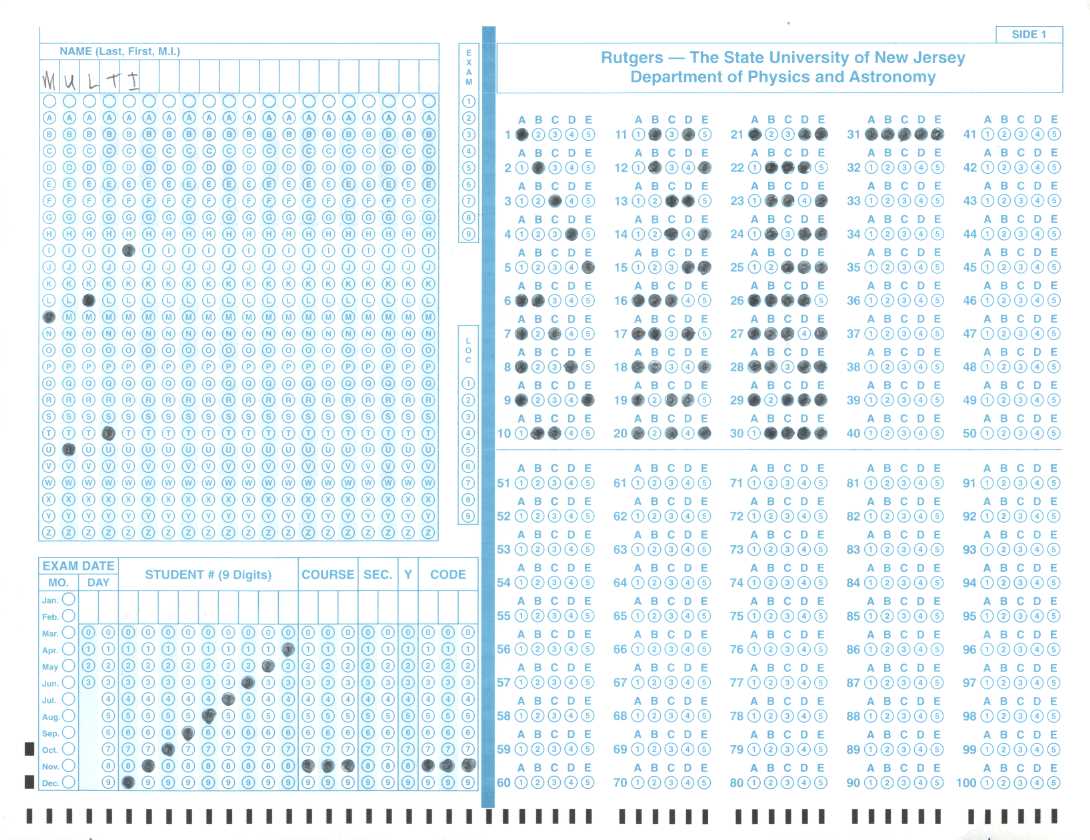
Different question formats require distinct approaches. Adapting your response style based on the type of query can increase efficiency and clarity.
- Multiple Choice: Eliminate the most obvious incorrect options first, then carefully consider the remaining choices.
- Short Answer: Focus on answering directly to the point, ensuring each response is clear and concise.
- Essay-Type: Begin with an outline of the main points you wish to cover before writing in full sentences. Ensure each paragraph focuses on one idea.
Understanding Exam Question Formats
Each assessment presents various types of questions, each requiring a different approach. Familiarity with the structure and expectations behind different formats can significantly enhance your ability to respond effectively. By recognizing the specific demands of each question type, you can allocate your time and effort in the most productive way.
| Question Type | Key Characteristics | Effective Strategy |
|---|---|---|
| Multiple Choice | Offers several options, only one of which is correct. | Eliminate clearly incorrect answers first, then select the best option. |
| Short Answer | Requires a brief, concise response, often with a direct focus. | Stay on topic and answer directly, avoiding unnecessary details. |
| Essay | Requires a longer, structured response with a clear argument or analysis. | Plan your main points before writing; structure your response logically. |
| True/False | Offers a statement that must be classified as true or false. | Carefully read the statement; check for absolute words like “always” or “never” to guide your choice. |
| Fill-in-the-Blanks | Provides sentences with missing words that need to be filled in. | Look for context clues within the sentence to identify the missing word. |
How to Prioritize Questions in Exams

Effectively managing your time during an assessment often begins with knowing which tasks to tackle first. Prioritizing questions based on their difficulty, value, and familiarity can help you optimize your performance. By strategically deciding where to focus your efforts, you can ensure that you complete the most important sections with confidence.
One useful approach is to quickly scan through the entire test to get an overview of all available questions. This allows you to identify those you can answer quickly and with certainty, as well as those that might require more time and thought. Start with the ones that you feel most prepared to handle, as this builds momentum and boosts your confidence.
For more complex tasks, allocate sufficient time based on their weight in the overall grading. Don’t spend too much time on difficult questions right at the start, as this may leave you rushing toward the end. It’s important to stay flexible; if a particular task is taking too long, move on and return to it later when you have more time.
Time Management Tips for Exam Success
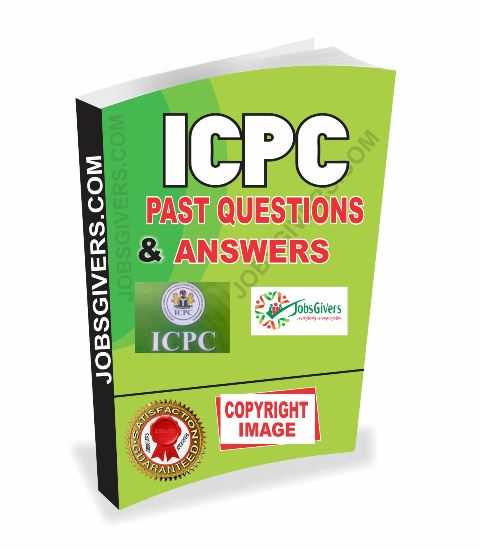
Effective time allocation during an assessment can make all the difference between success and stress. By mastering time management, you ensure that you have enough time to address each question thoughtfully without feeling rushed. Proper planning and staying organized throughout the process will help you approach the task with confidence.
One of the first steps in time management is to quickly assess the overall structure of the test. Identify the sections that are more time-consuming and those that can be completed faster. This will allow you to allocate more time to complex parts while ensuring that you don’t run out of time for simpler questions.
Another helpful strategy is to break the entire duration into segments, setting specific goals for each. For example, decide to spend a fixed amount of time on each section and stick to it, even if it means leaving a question unanswered temporarily. If time runs short, focus on completing the higher-value sections first.
Finally, don’t forget to monitor your progress periodically. Keeping track of time throughout ensures you don’t over-invest in any one task, allowing you to adjust and prioritize as needed.
How to Tackle Multiple Choice Questions
Multiple choice questions can seem straightforward, but they often require a strategic approach to ensure accuracy. Understanding how to approach these questions efficiently can save time and boost your confidence. With the right technique, you can eliminate incorrect options and select the best choice quickly.
Here are some useful strategies to consider when tackling multiple choice questions:
- Read the question carefully: Ensure you fully understand what is being asked before reviewing the options.
- Eliminate obviously incorrect choices: Narrow down the options by removing the clearly wrong answers, making it easier to focus on the remaining choices.
- Look for keywords in the options: Sometimes, specific wording in the question can guide you toward the correct answer.
- Consider all options: Don’t rush to choose the first option that seems correct. Carefully compare all available answers to ensure accuracy.
- Make educated guesses: If unsure, try to use logic or contextual clues from the question to make an informed guess.
By following these steps, you can approach multiple choice questions with greater confidence and increase your chances of selecting the correct option.
Best Practices for Written Exam Responses
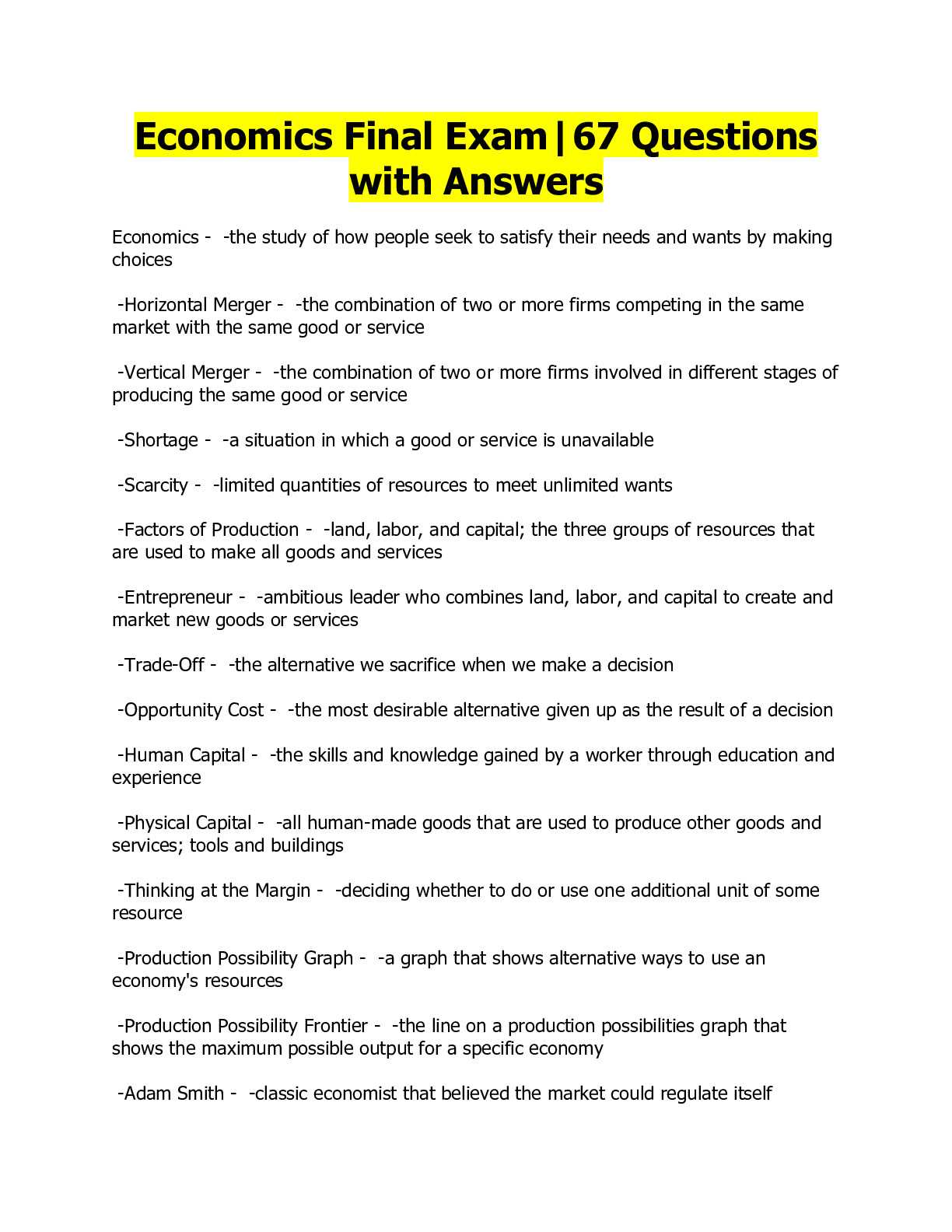
When it comes to written assessments, clarity and structure are key. A well-organized response not only ensures that your ideas are communicated effectively but also helps you demonstrate your understanding of the material. Following a few essential practices can greatly improve the quality of your submissions, helping you earn higher marks.
Organize Your Thoughts
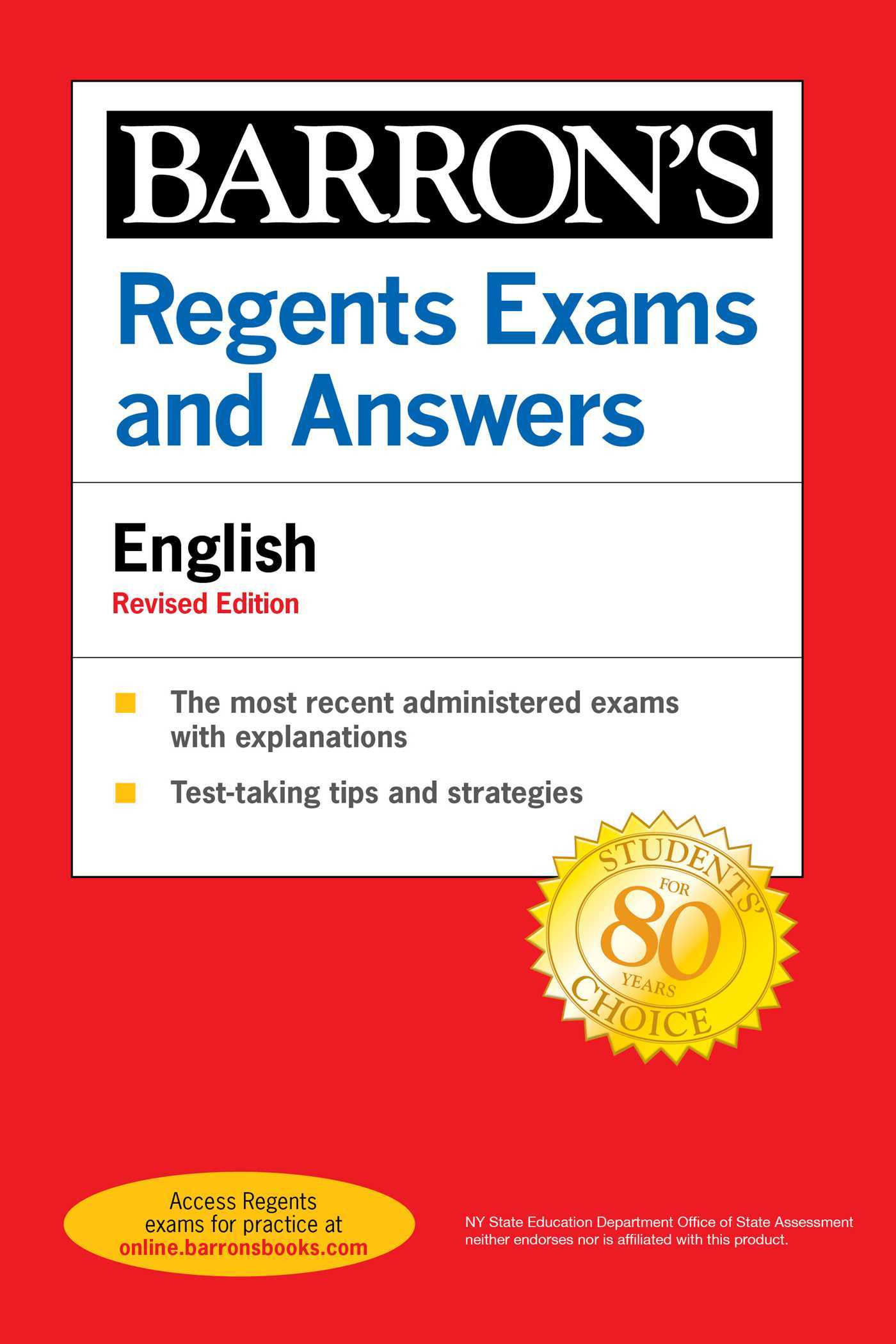
Before you begin writing, take a moment to outline your main points. A clear structure will guide your response and ensure you address all aspects of the question. Start with an introduction, followed by a well-organized body, and conclude with a strong summary or closing statement. This structure makes it easier for the reader to follow your logic and increases the chances of your response being fully understood.
Be Concise and Focused
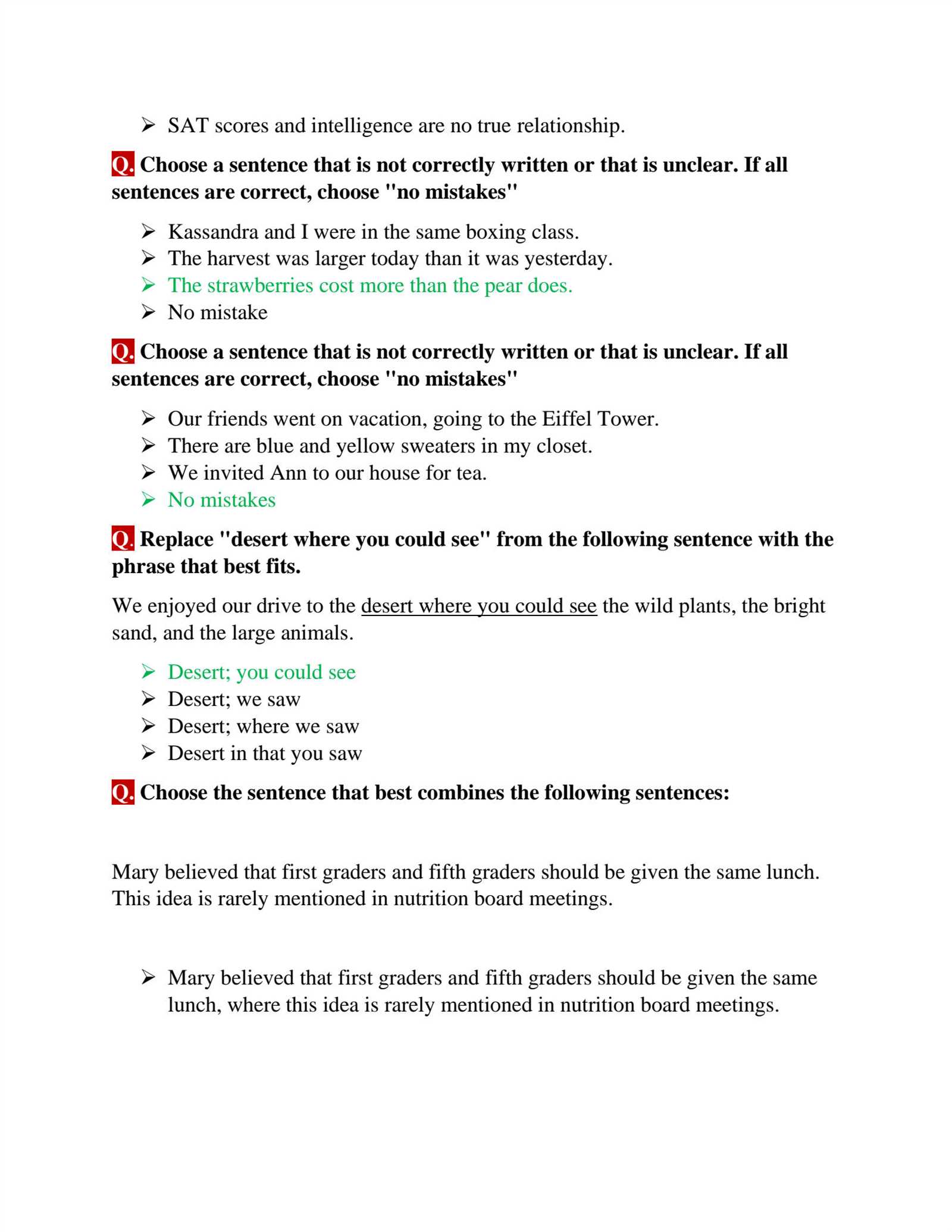
Avoid long-winded explanations that may dilute your point. Focus on answering the question directly and stay on topic throughout your response. If a question asks for a specific example or explanation, make sure you address it precisely, without straying into unrelated information. Being clear and concise will make your response stronger and more impactful.
How to Avoid Common Exam Mistakes
Many individuals make the same errors during assessments that could be easily avoided with a little preparation and focus. These mistakes often stem from rushed decisions, misinterpretation of questions, or lack of planning. By identifying and avoiding these common pitfalls, you can ensure a more effective performance and reduce unnecessary stress.
One of the most frequent mistakes is failing to carefully read the instructions or questions. Often, students jump into responses without fully understanding what is being asked, leading to incomplete or irrelevant submissions. Take the time to read through each question thoroughly, noting key terms and requirements before writing anything.
Another common error is poor time management. Many candidates spend too much time on a single section or question, leaving little time for others. It’s essential to divide your time wisely across all sections, ensuring that you can address every part of the task within the given time frame.
Finally, neglecting to review your work can be costly. Rushing through the final moments can lead to overlooked mistakes, such as typos or missed instructions. If possible, leave a few minutes at the end to check your responses, making sure everything is accurate and complete.
Using Past Papers to Improve Results
Reviewing previous assessments can be one of the most effective strategies to boost performance. By working through past papers, you gain insight into the types of questions commonly asked and the format in which they appear. This practice allows you to identify recurring themes and refine your approach, ultimately increasing your readiness for the upcoming test.
One significant benefit of using past papers is the opportunity to familiarize yourself with the structure and timing of the test. Simulating real conditions by completing a paper within the allocated time frame can help you improve time management and reduce stress on the day of the actual assessment.
Additionally, past papers serve as a valuable tool for self-assessment. After completing each paper, review your responses critically, identifying areas where you struggled or made mistakes. This reflection allows you to target weak points and focus your study efforts on those areas to strengthen your overall knowledge and performance.
How to Structure Your Exam Responses
Organizing your thoughts and responses is key to delivering clear and concise content during an assessment. A well-structured submission not only helps convey your understanding effectively but also makes it easier for the examiner to follow your reasoning. By following a logical sequence, you ensure that your main points are easily understood and that you fully address the question.
Start with a brief introduction where you outline the key points you will discuss. This gives the reader a roadmap of your response and sets the context for what is to come. In the body of your response, present your main ideas in a clear and structured manner, with each paragraph focusing on one distinct point. Use evidence or examples to support your arguments, making sure to stay relevant to the question.
Finally, conclude with a strong summary that ties everything together. Recap your main points and briefly highlight the key message you want to leave the examiner with. This provides a clear ending and reinforces your understanding of the topic.
Tips for Memorization and Recall
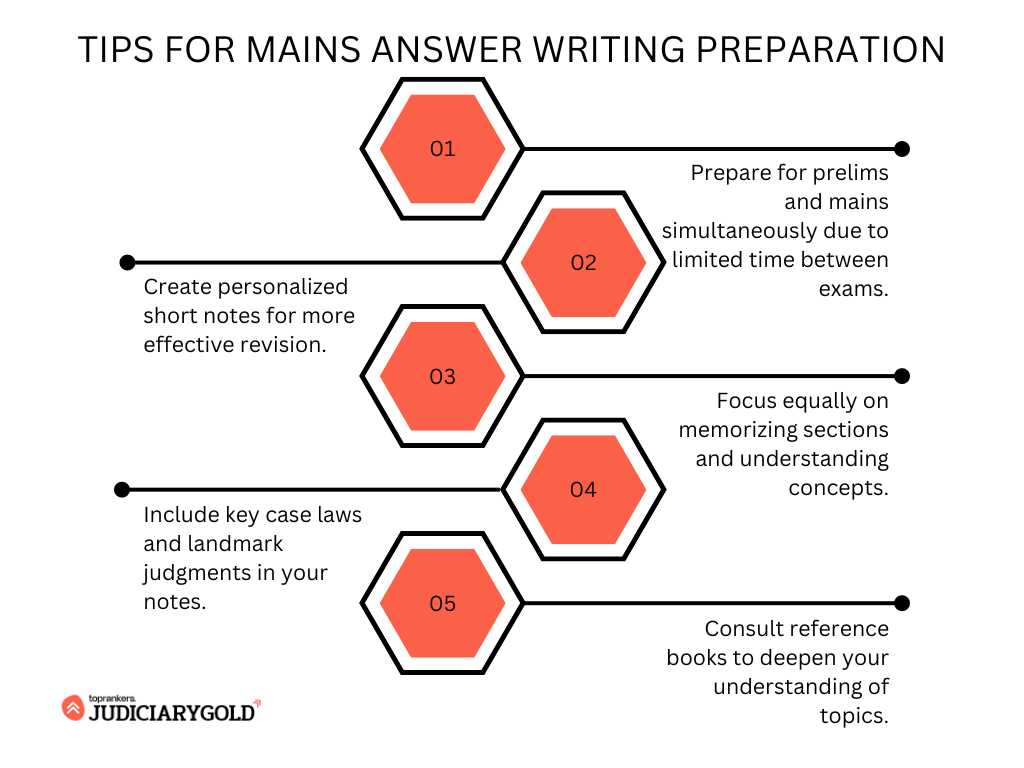
Effective memorization and recall are essential skills during an assessment. The ability to retain information and retrieve it when needed can make a significant difference in your performance. Implementing the right techniques can improve your ability to recall key concepts under pressure and ensure a smooth response process.
Techniques for Improving Retention
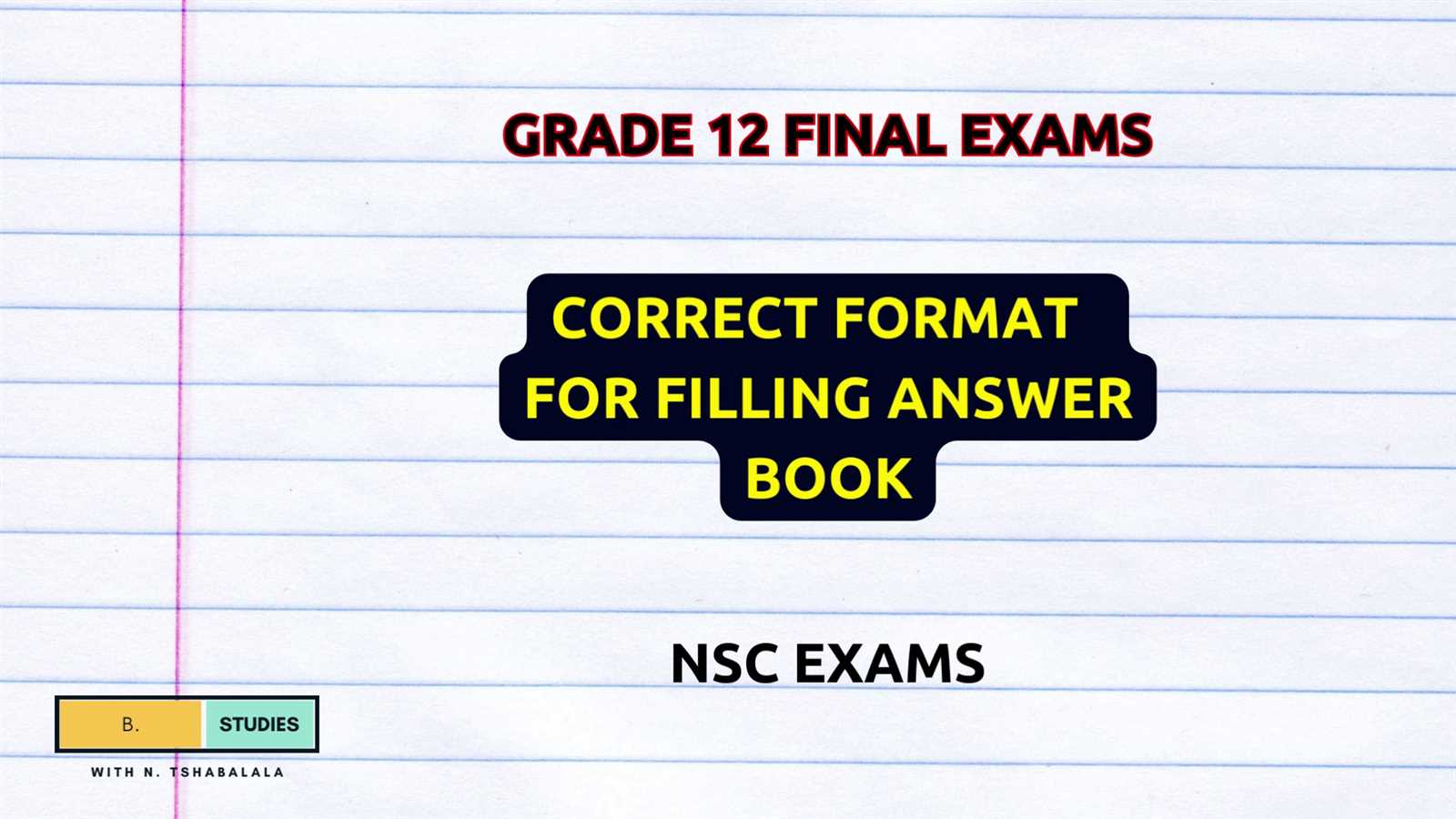
There are several methods you can use to enhance memory retention:
- Chunking: Break down large amounts of information into smaller, manageable groups. This makes it easier to recall complex topics.
- Visualization: Create mental images of concepts to reinforce understanding. Associating a visual cue with information can make it easier to retrieve.
- Mnemonics: Use acronyms, rhymes, or memory aids to help remember important details. These shortcuts can make recalling key facts faster and more reliable.
Improving Recall Under Pressure
When it comes to recalling information during an assessment, practice and preparation are key:
- Active Recall: Test yourself regularly by attempting to recall information without looking at your notes. This strengthens neural connections and boosts retention.
- Spaced Repetition: Review material over increasing intervals of time. This technique helps to combat forgetting and enhances long-term retention.
- Rest and Relaxation: Ensure you’re well-rested before an assessment. Fatigue can negatively impact memory and focus.
How to Stay Calm During Exams
Staying composed during high-pressure situations can significantly improve your performance. Managing stress effectively allows you to think clearly, organize your thoughts, and approach each task with a focused mindset. Developing strategies to remain calm in stressful environments can help you perform at your best.
Breathing and Relaxation Techniques
One of the most effective ways to calm your nerves is through controlled breathing. Slow, deep breaths help reduce the physical symptoms of stress and lower heart rate, allowing you to focus better. Here are a few techniques:
- Deep Breathing: Inhale slowly through your nose for a count of four, hold for four, and exhale through your mouth for a count of four. Repeat several times to regain composure.
- Progressive Muscle Relaxation: Tense and then relax each muscle group, starting from your toes and working your way up to your head. This can help release physical tension.
Mental Preparation and Focus
Before you enter the room, take time to mentally prepare. Positive visualization can help create a calm mindset. Imagine yourself confidently answering the questions and finishing the task with clarity. During the assessment, try to stay in the moment. Avoid worrying about other sections or potential outcomes. If you feel overwhelmed, pause for a brief moment, take a deep breath, and refocus on the task at hand.
Key Points for Short Answer Questions
Responding to brief inquiry prompts requires clarity and precision. In these types of tasks, it is crucial to focus on providing direct, relevant information in a concise manner. Avoid unnecessary elaboration, and prioritize the most important aspects of the question.
To succeed in these tasks, start by carefully reading the prompt to understand exactly what is being asked. Look for keywords that guide your response. Once you know what to address, formulate your reply in a clear and structured way. Provide only the most relevant details without straying off-topic. It’s essential to focus on the core of the question while keeping your response straightforward.
In some cases, examples or specific facts may be necessary to support your points. However, ensure that any additional information directly reinforces the main idea without causing confusion. Practice with previous prompts to improve both speed and accuracy, ensuring you can effectively convey the right information within the limited space.
Understanding Marking Criteria for Assessments
Grading criteria provide a clear framework for how responses are evaluated. Understanding these guidelines helps you focus on the key aspects that will be assessed, enabling you to structure your work in a way that meets the expectations of the evaluator. These criteria often include factors such as clarity, relevance, accuracy, and depth of understanding.
Before starting, familiarize yourself with the specific requirements outlined by the examiner or the institution. Pay attention to the weight given to different parts of the task, such as whether more emphasis is placed on demonstrating a thorough understanding or on presenting well-supported arguments. Knowing how your work will be judged helps you prioritize and allocate your time effectively during the assessment.
In some cases, specific instructions may guide you on how to organize or present your response. Follow these closely to avoid losing marks for simple misunderstandings. Additionally, consider the balance between concise yet complete explanations and well-supported reasoning, as these are often crucial for achieving higher marks.
How to Deal with Difficult Questions
Encountering challenging inquiries during an assessment is a common experience, but it’s important not to panic. Staying calm and employing effective strategies can help you approach these questions with confidence. The key is to break down the problem and tackle it step by step, even when the solution isn’t immediately clear.
When faced with a tough question, start by reading it carefully and identifying any keywords or key concepts that can guide your response. If you’re unsure about certain aspects, eliminate any obviously incorrect options or irrelevant details first. This reduces the complexity and can sometimes reveal the correct direction for your response.
If the question feels overwhelming, move on to others that are more manageable and return to the difficult one later with a fresh perspective. This not only helps reduce stress but also ensures that you maximize your performance on the easier sections. Practicing critical thinking and problem-solving skills in advance can also help you feel more prepared when facing tricky prompts.
Improving Your Writing Skills for Assessments
Strong writing skills are essential for effectively communicating your knowledge during any written evaluation. Developing the ability to express your thoughts clearly and concisely can significantly enhance your performance. This involves practicing structured responses, refining your grammar, and ensuring that your arguments are well-supported and coherent.
To improve, focus on organizing your ideas logically. Start with an introduction that outlines the main points, followed by the body, where you expand on each idea in detail, and conclude with a summary that ties everything together. Clear transitions between sentences and paragraphs are important for maintaining a smooth flow of information.
Regular practice is crucial. Write frequently, whether through timed exercises, sample prompts, or even journaling. Pay attention to feedback on your writing to identify areas of improvement, such as sentence structure or the clarity of your argumentation. Additionally, reviewing grammar and vocabulary can help eliminate errors and enhance the overall quality of your responses.
How to Analyze Questions Quickly

Being able to quickly understand and interpret questions is essential to maximizing your performance during any timed evaluation. Speed and accuracy in comprehension allow you to allocate your time effectively, ensuring that you can tackle all parts of the test without unnecessary delays. To improve your ability to analyze questions rapidly, focus on recognizing key elements and breaking down complex inquiries into simpler components.
Here are a few steps to help you analyze questions efficiently:
- Read the question carefully: Start by reading the entire question to ensure you understand it fully. Pay attention to keywords that indicate what is being asked, such as “explain,” “compare,” or “describe.”
- Identify the core objective: Determine what the question is truly asking. Is it testing your knowledge, reasoning, or ability to apply concepts? Knowing this will guide your response.
- Highlight or underline important details: Mark critical parts of the question that you must address. This helps prevent overlooking key information under time pressure.
- Look for clues: Some questions will provide hints within the wording or context that can help narrow down your response or approach.
Practicing this technique regularly will make it easier to spot important elements in questions quickly, helping you avoid unnecessary confusion and focus your effort where it matters most. The faster you analyze, the more time you’ll have to provide thoughtful and detailed responses.
Building Confidence for Exam Day
Feeling confident before a big evaluation can make all the difference in how well you perform. Confidence not only boosts your mental focus but also reduces stress, enabling you to approach each question with a calm and clear mindset. Building this self-assurance begins long before the actual day of the test, as it relies on preparation, practice, and a positive attitude.
To cultivate confidence, consider the following strategies:
- Regular Preparation: Consistent study sessions help ensure that you are well-prepared. The more familiar you are with the content, the more confident you’ll feel.
- Practice Under Pressure: Simulate testing conditions by practicing with timed mock assessments. This helps you become accustomed to the pressure and improves time management skills.
- Positive Visualization: Before the test, take a moment to visualize yourself succeeding. Imagine calmly answering questions and managing your time effectively.
- Good Sleep and Nutrition: Rest and proper nutrition are crucial for mental clarity. Being physically well-prepared contributes to a sharper, more confident mindset.
As exam day approaches, remember that confidence isn’t about knowing everything perfectly; it’s about trusting your preparation and staying calm under pressure. With the right mindset, you’ll be able to tackle each challenge with a level-headed approach.
Here’s a summary table to remind you of key actions to boost confidence:
| Action | Benefit |
|---|---|
| Consistent study sessions | Familiarity with material builds assurance |
| Timed practice tests | Reduces anxiety and improves pacing |
| Visualization techniques | Creates a calm, positive mindset |
| Good sleep and nutrition | Enhances focus and clarity |
Post-Exam Review for Future Improvement
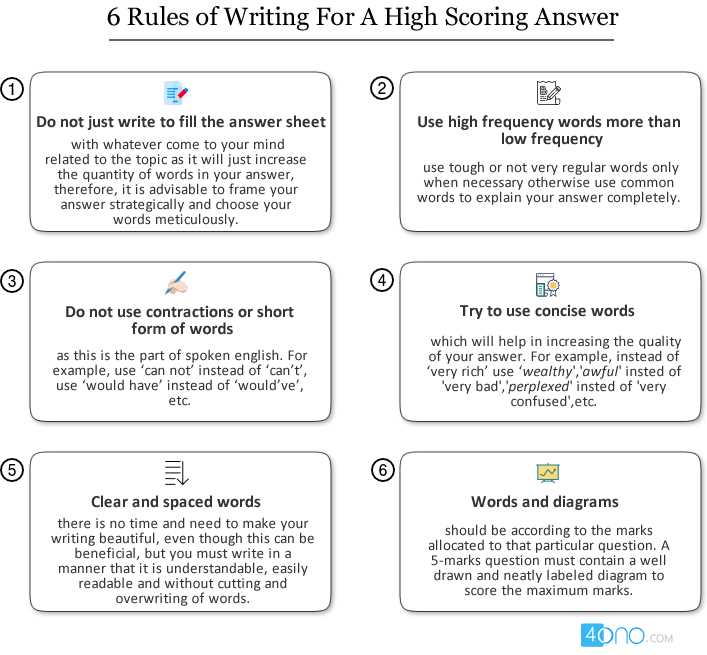
After completing an assessment, it’s crucial to reflect on your performance in order to identify areas for growth. A thorough review of your work allows you to understand what went well, what needs improvement, and how you can refine your approach for future challenges. This process is key to continuous improvement and will help you develop stronger strategies for upcoming tasks.
To effectively evaluate your performance, consider the following steps:
- Identify Mistakes: Look carefully at the questions where you struggled or made errors. Understanding the reasons behind these mistakes helps you avoid them in the future.
- Analyze Time Management: Reflect on how well you managed your time. Did you spend too much time on one section, leaving less for others? Knowing where to allocate time efficiently is essential for better pacing next time.
- Review Your Approach: Consider how you approached each question. Were your responses structured effectively? Did you miss any key points or skip over important details?
- Seek Feedback: If possible, ask for feedback from instructors or peers. They can provide valuable insights that you might not have considered.
After reflecting on your performance, set specific goals for improvement. Whether it’s working on time management, focusing on particular topics, or refining your test-taking strategies, these steps will help you perform better in future tasks. A post-assessment review isn’t just about assessing results, but also about preparing yourself to tackle future challenges with greater skill and confidence.